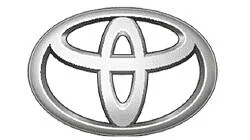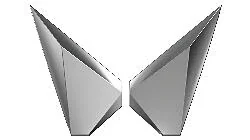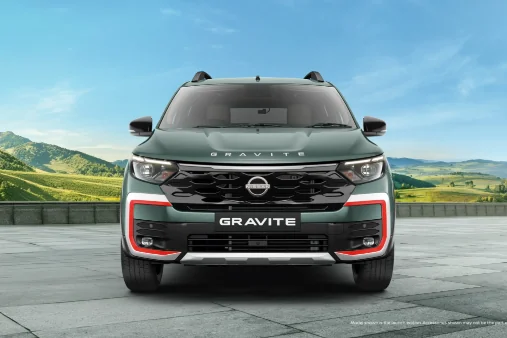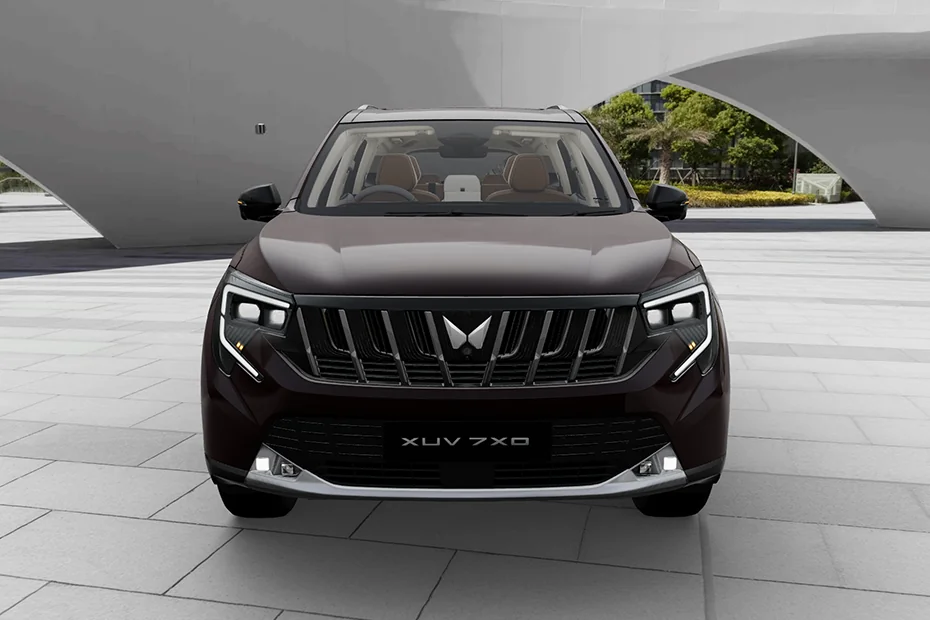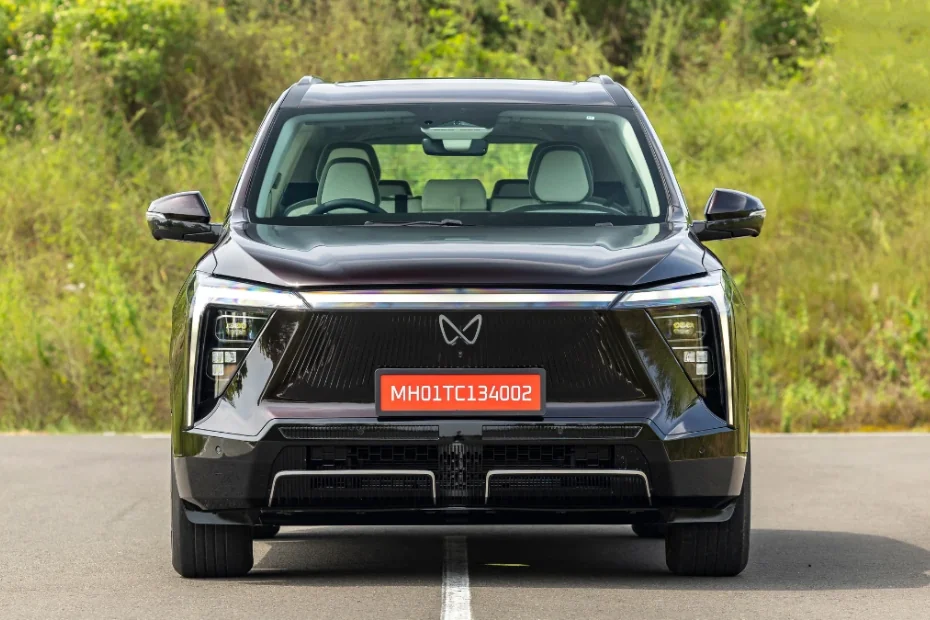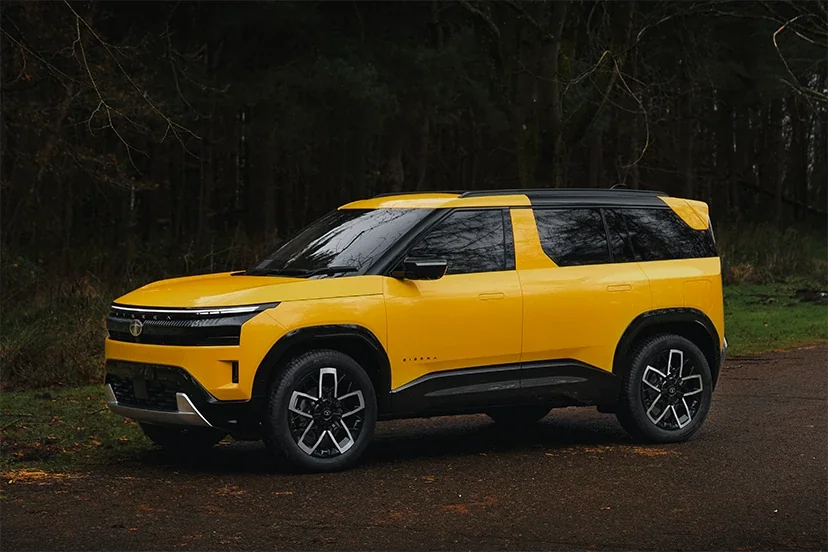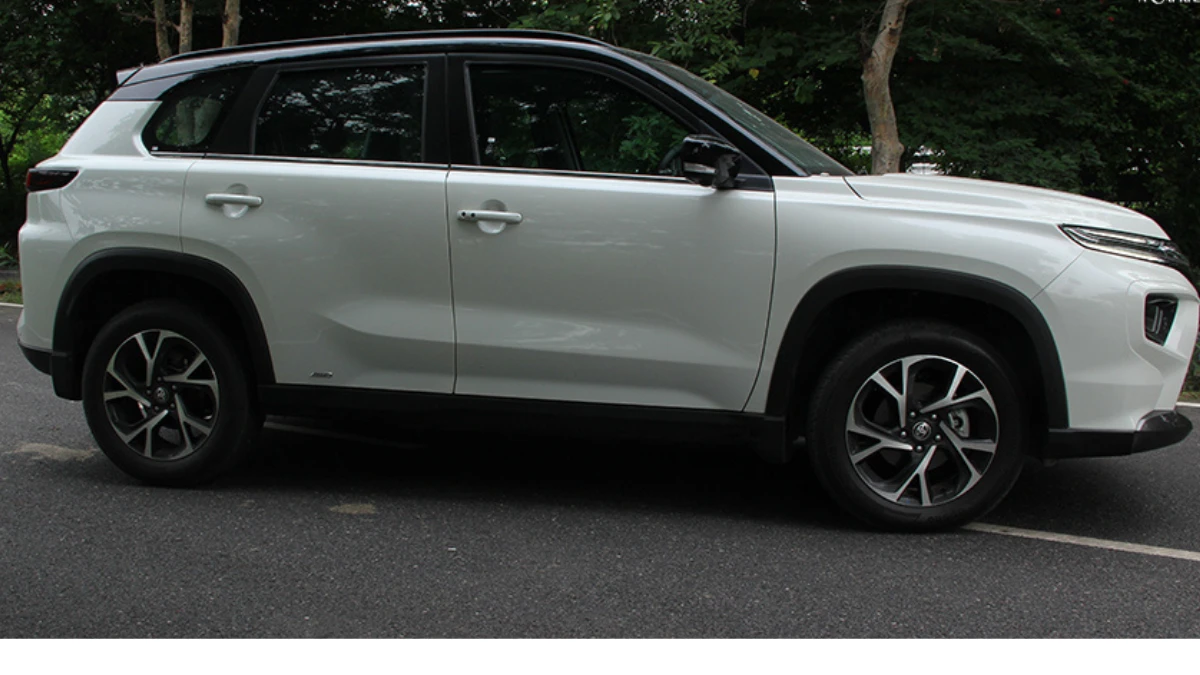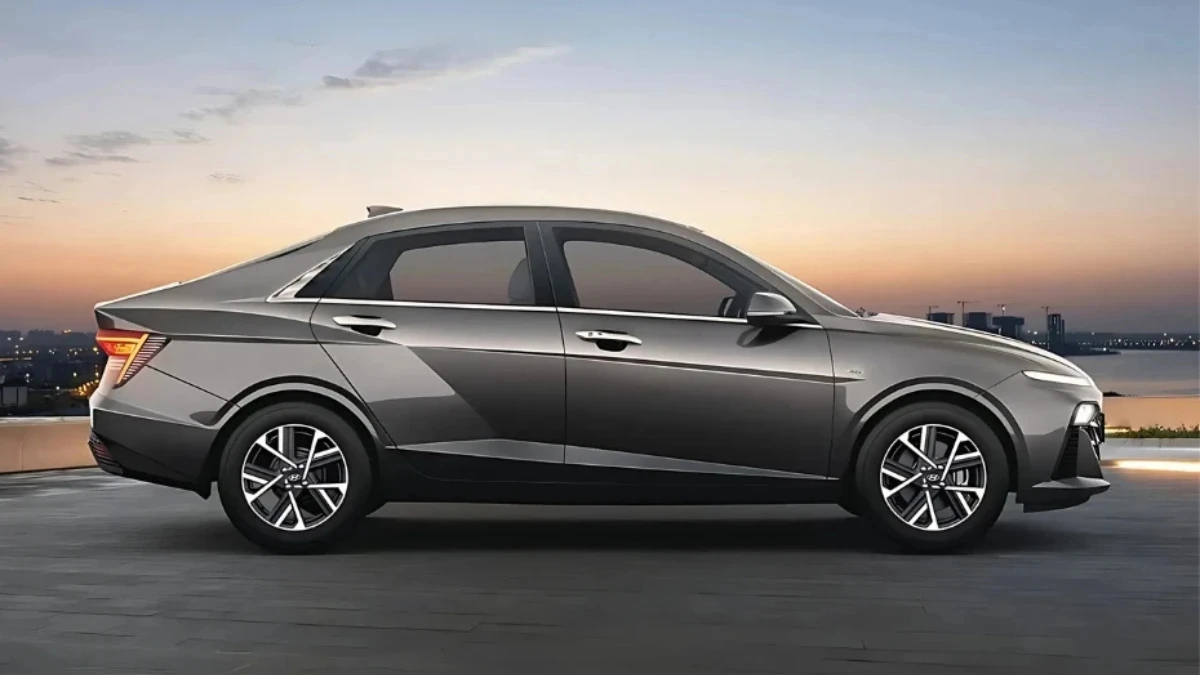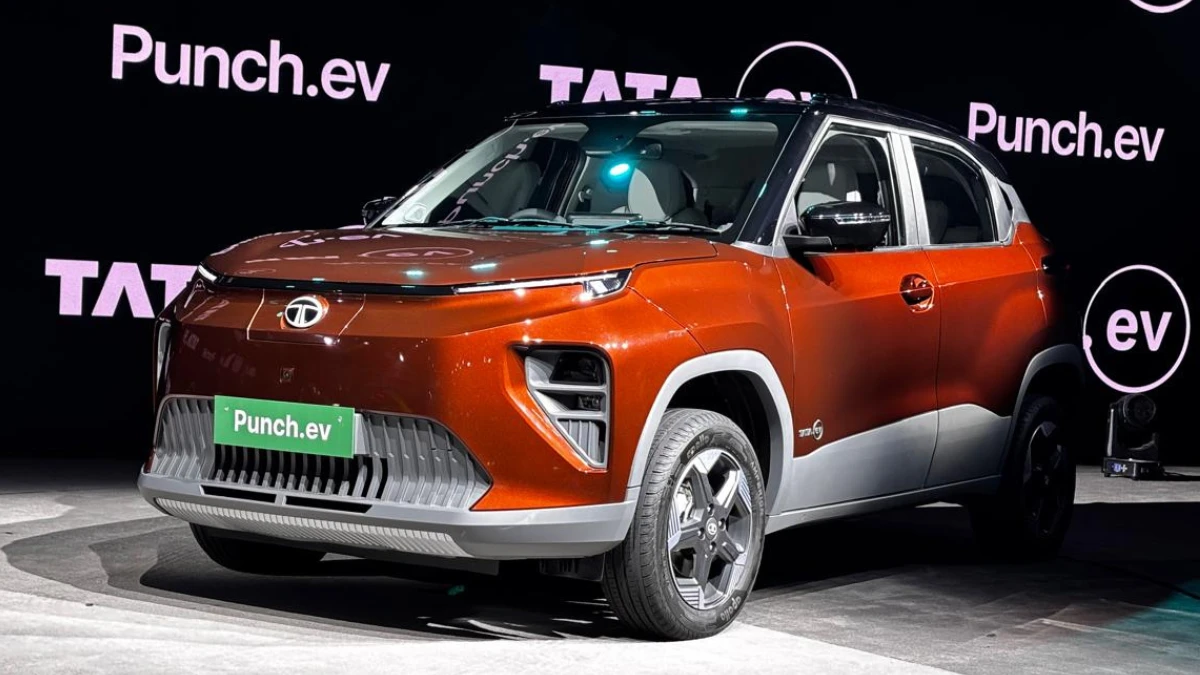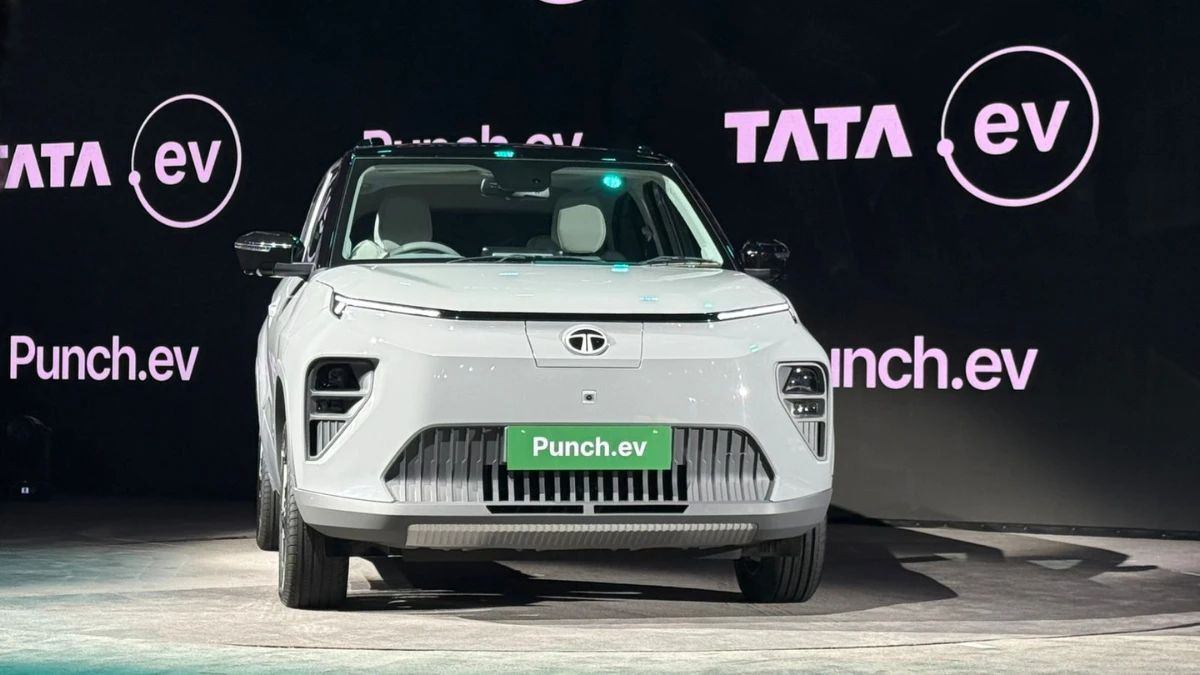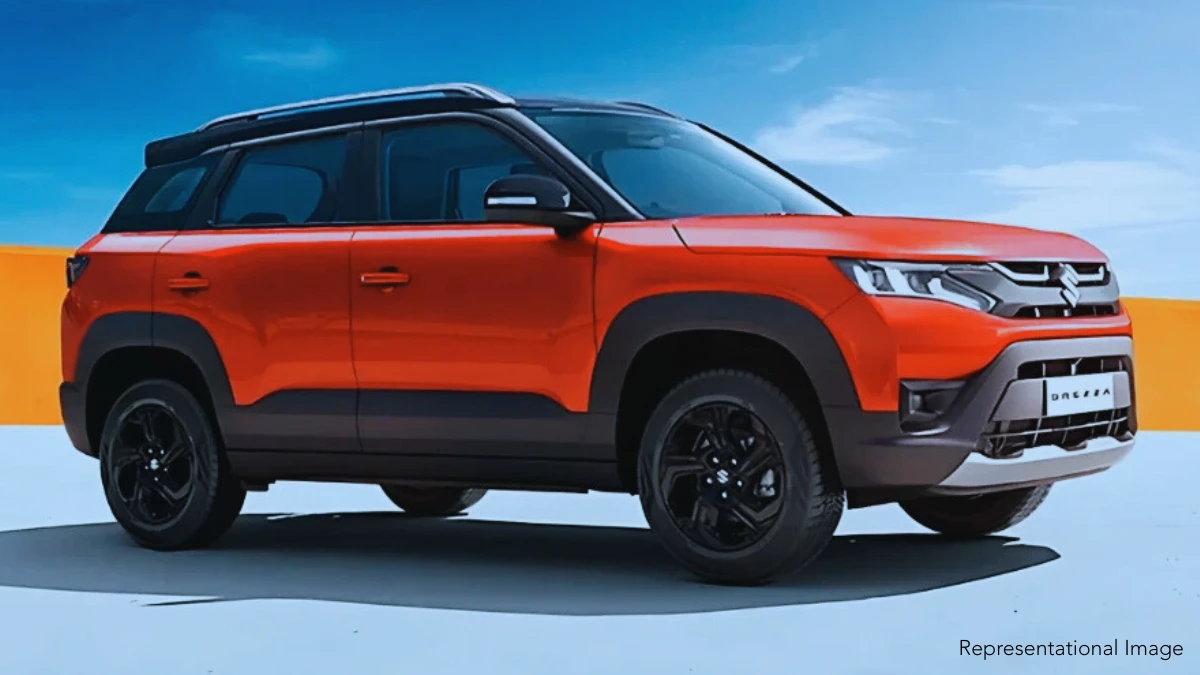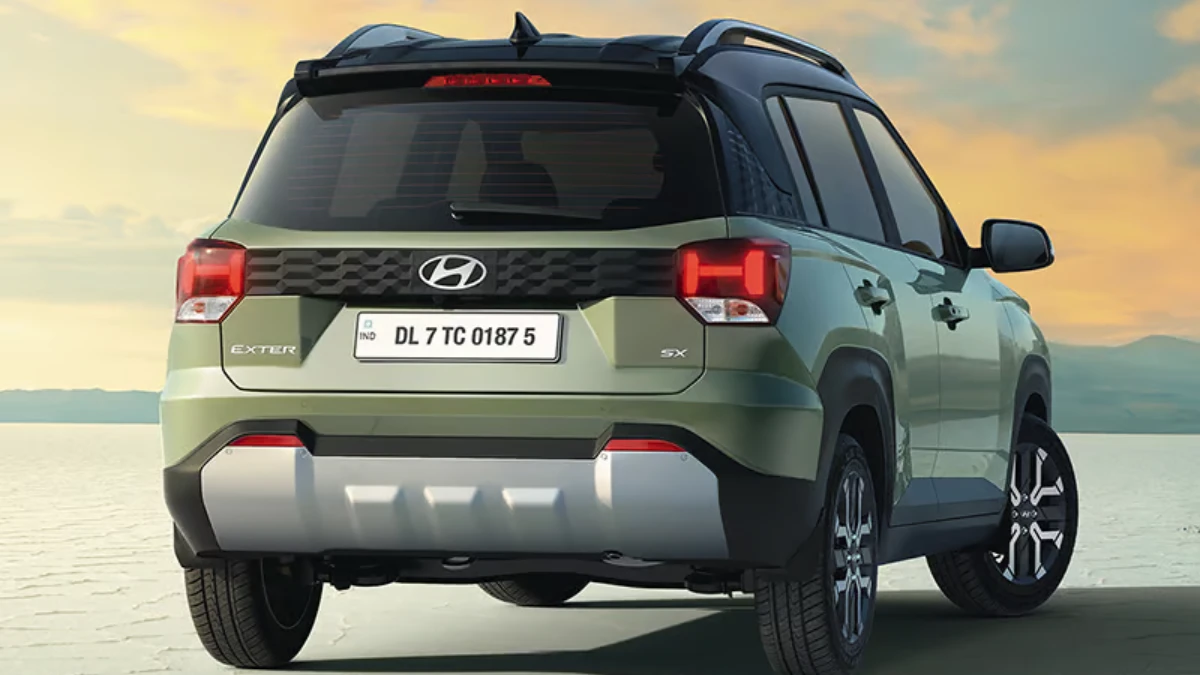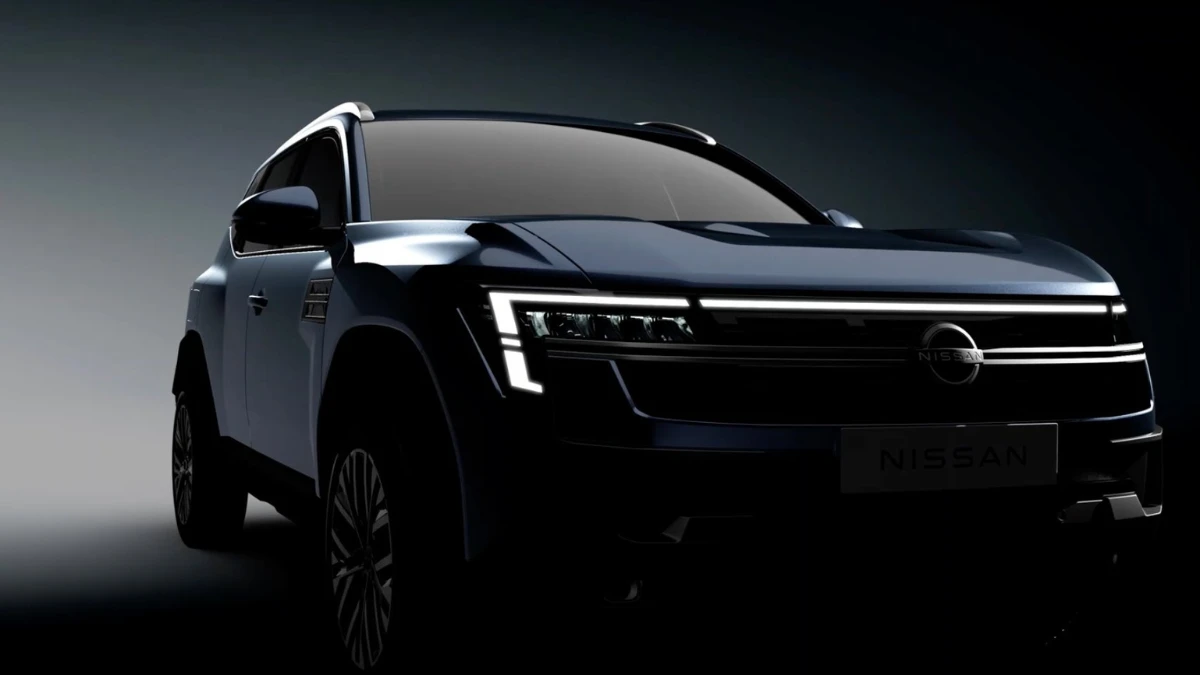
The popularity of 5-seater SUVs in India can be attributed to multiple reasons, including practicality, elevated seating that offers better road presence, and evolving consumer preferences. Given the increasing sales of SUVs, OEMs such as Maruti, Hyundai, Tata, Mahindra, Kia, Renault, Skoda, Nissan, and Toyota are gearing up to expand their SUV model lineups in 2025. Here’s a brief overview of the major upcoming 5-seater SUVs, which are slated to hit the roads next year.
Skoda Kylaq

Skoda Kylaq is the first subcompact SUV from the Czech automaker, with a starting price of Rs 7.89 lakh. It will be the third offering from Skoda Auto’s India 2.0 program. Under the hood, the Kylaq features a 1.0L TSI petrol engine that delivers a healthy power output of 115bhp and 178Nm of torque. It can be had with either a 6-speed manual or a 6-speed torque converter automatic gearbox. The carmaker claims that its new subcompact SUV can accelerate from 0 to 100 km/h in 10.5 seconds. Its mileage figure is yet to be revealed. Based on the MQB-A0 IN platform, the Skoda Kylaq comes with features such as a 10-inch touchscreen infotainment system, an 8-inch digital instrument cluster, a two-spoke steering wheel, a wireless phone charger, ventilated front seats, leatherette upholstery, and many more.
Hyundai Creta EV

The Hyundai Creta EV is one of the most anticipated upcoming 5-seater SUVs in 2025. The prices for the electric SUV will be announced on 17th January at the 2025 Bharat Mobility Show in New Delhi. According to media reports, the Creta EV will come with a 45kWh battery pack and a front-axle-mounted electric motor. The e-motor will deliver a maximum power output of 138bhp and 255Nm of torque. Compared to the upcoming Maruti e-Vitara, which will be offered with 49kWh and 61kWh batteries, the Creta EV will have a smaller battery pack. This EV will look slightly different from its ICE counterpart with a newly-designed closed grille, revised bumpers, and new alloys. Inside, the revised center console with cup holders and buttons, a drive selector controller near the steering column, and a three-spoke steering wheel will differentiate its interior from the regular Creta.
Kia Syros

Kia Syros will be the first product launch from the South Korean automaker in 2025. It’s a premium subcompact SUV packed with lots of segment-first features, offering the segment’s most comfortable and flexible interior. The centerpiece is a dual 12.3-inch display for the infotainment and instrumentation, along with a 5-inch screen for the climate control system. It also gets a wireless charging pad, a new two-spoke steering wheel, wireless smartphone connectivity, OTA updates, four ventilated seats, an 8-speaker Harman Kardon sound system, six airbags, a Level 2 ADAS suite, and many more. Buyers will have two engine options to choose from – a 120bhp, 1.0L turbo petrol and a 116bhp, 1.5L diesel. While a 6-speed manual gearbox will be standard across the model lineup, the petrol and diesel variants will be exclusively offered with a 7-speed DCT and 6-speed torque converter automatic gearboxes, respectively.
Mahindra BE 6/ XEV 9e

Mahindra BE 6 and XEV 9e, the born electric SUVs from the indigenous automaker, will make their public debut at the 2025 Bharat Mobility Show. Full prices of both EVs will also be revealed at the auto event next month. Deliveries, however, are expected to begin in late February or early March 2025. The powertrain system of the BE 6 and XEV 9e includes two battery options – a 59kWh and 79kWh, with LFP chemistry from BYD. The smaller battery delivers a maximum power of 228bhp, while the larger battery offers 281bhp. Mahindra claims that its new born electric SUVs accelerate from 0 to 100 km/h in 6.7 seconds. These EVs come with three drive modes – Range, Everyday, and Race, along with an additional Boost mode. The larger 79kWh battery pack offers an ARAI-claimed range of 682km, and the smaller 59kWh battery offers 556km on a single charge. Both batteries come with a lifetime warranty and can be charged from 20 to 80 percent in just 20 minutes via a 175kW DC fast charger. Customers will also get the 11.2kW AC charger and 7.3kWh AC charger as standard with the EVs.
Maruti e Vitara

Maruti e Vitara will be the first-ever electric vehicle (EV) from the brand, based on the skateboard Heartect-e platform. The model will be unveiled at the Bharat Mobility Show in January 2025. It’s certainly one of the most anticipated upcoming 5-seater SUVs, scheduled to go on sale in March 2025. The carmaker has confirmed that the e Vitara will be available with two battery options – 49kWh and 61kWh – and a single electric motor as standard configuration. The larger battery will also be available with a dual motor and AWD system – called AllGrip-e. These batteries are sourced from the renowned BYD electric carmaker. The smaller battery with the single motor generates a peak power of 144bhp, while the larger battery with single and dual motor setups offers 174bhp and 184bhp, respectively. Maruti Suzuki hasn’t yet revealed the range of its new electric SUV.
Tata Harrier EV

Tata Harrier EV will be put on display alongside the Sierra EV/ICE and other Tata cars at the 2025 Auto Expo. Similar to the Punch EV, it will be built on the Acti.ev platform, which is essentially the heavily re-engineered version of the Land Rover-derived Omega architecture underpinning the ICE-powered Harrier. The electric iteration of the SUV will have a flat floor and support vehicle-to-load (V2L) and vehicle-to-vehicle (V2V) charging capacities. As of now, there is no official word on its powertrain setup. However, this new Tata electric SUV is likely to come with a 60kWh battery, offering a range of around 500km on a single charge. There will also be an electric motor fitted on each axle, transmitting power to the AWD setup. The Tata Harrier EV’s range is likely to be around 500km. The SUV will feature a closed-off grille, newly-designed front and rear bumpers, and a coupe-like roofline.
Tata Sierra

Tata Sierra will be the brand’s showstopper at the 2025 Auto Expo. The carmaker has confirmed that the SUV will be introduced with both pure electric and ICE powertrain options. Both versions are expected to launch in the second half of 2025. The Sierra ICE version will be based on the new ATLAS platform, which is compatible with different body styles. The SUV’s electric iteration will underpin the brand’s Acti.ev architecture and could be offered with a dual-motor setup. It will be available with multiple seating layouts – 4 and 5 seats, along with a ‘lounge seating’ option. The production-ready Tata Sierra will share a strong resemblance with its concept. However, a few changes will be made inside and out to make it more practical on-road. Similar to Tata’s new breed of SUVs, the Tata Sierra will be loaded with several advanced features, including a Level 2 ADAS suite.
Mahindra XUV 3XO EV

The electric version of the Mahindra XUV 3XO subcompact SUV is expected to go on sale in the first half of 2025. It will be a mass-market electric offering from Mahindra that will directly compete against the Tata Nexon EV. In terms of design and dimensions, the XUV 3XO EV will be similar to its ICE counterpart. However, it will have some EV-specific elements inside and out. The powertrain setup of the upcoming Mahindra XUV 3XO EV is likely to consist of a 34.5kWh battery, borrowed from the XUV400 EV. No further details are available on this upcoming 5-seater SUV. As for pricing, this new Mahindra EV will sit below the XUV400 EV and is expected to undercut its sibling by nearly Rs 2 lakh. The former is currently available within the price range of Rs 15.49 lakh – Rs 19.39 lakh.
Maruti Fronx Facelift

The Fronx is one of the top-selling Maruti Suzuki cars in the country. It was first launched in early 2023 and is now ready to receive its first midlife update in 2025. The micro SUV will come with a slightly improved design and a few new features. However, the major change will be made to its powertrain. The 2025 Maruti Fronx facelift will be introduced with Maruti Suzuki’s all-new strong hybrid powertrain. It will be a series hybrid setup that will make its way to Maruti Suzuki’s other mass-market models, including Swift, Baleno, Brezza, and more. This new strong hybrid powertrain will make the 2025 Maruti Fronx facelift more fuel-efficient than its existing version. Interestingly, rumors suggest that the updated Fronx might also be offered with ADAS technology.
New-Gen Hyundai Venue

Testing of the new-generation Hyundai Venue is already underway. The subcompact SUV will receive a few noticeable cosmetic changes inspired by the Creta and Alcazar SUVs. The 2025 Hyundai Venue is expected to have a Creta-like split headlamp setup, along with a taller bumper and wider grille. One of its test mules was spotted with an ADAS module and parking sensors, hinting it was the high-end variant. Hyundai might update its Level 1 ADAS to Level 2. While the new horizontal taillamps and new LED detailing connected via a light bar will give a refreshing look to its rear section, the upright tailgate will remain unchanged. Minimal changes are expected inside the cabin. The new Venue is likely to get a newly-designed dashboard, bigger screens, better material quality, and more features. Under the hood, the 2025 Hyundai Venue will continue to feature a 1.0L turbo petrol, a 1.2L naturally aspirated petrol, or a 1.5L diesel engine.
Toyota Urban Cruiser EV

The Toyota Urban Cruiser EV is based on the Maruti e-Vitara, featuring a slightly different design language and interior. It’s essentially the production version of the Toyota Urban Cruiser EV. However, its overall length is slightly shorter than the concept. Similar to the Maruti e-Vitara, Toyota’s new mass-market electric SUV will come with 49kWh and 61kWh battery packs, and the front axle-mounted electric motor will generate power worth 144bhp with 189Nm of torque and 174bhp with 189Nm, respectively. The larger battery pack will also be available with the AWD setup. The Urban Cruiser EV features a slightly thinner grille and headlamps than its concept. The carmaker will offer the electric SUV with aero-optimized 18-inch and 19-inch alloy wheel options. Its overall length, width, and height stand at 4,285mm, 1,800mm, and 1,640mm, respectively.
New-Gen Renault Duster

Next in our list of the upcoming 5-seater SUVs is the much-awaited third-generation Renault Duster. This time, the SUV is likely to be offered with a 1.3L HR13 turbo petrol engine, pushing out a maximum power of 156bhp. There might also be the Kiger’s 1.0L turbo petrol engine, and the entry-level variants could be offered with a 1.5L naturally aspirated petrol motor. The official teaser and spy images have already revealed some interesting details of the 2025 Renault Duster SUV. The model will carry a newly-designed front grille with a large signature logo replacing Renault’s lettering. The SUV will also get the L-shaped connected LED DRLs with a light bar running across its width. The carmaker has also planned a new 7-seater version of the Duster, which is expected to arrive later. It will be bigger and bolder, with more cabin space, a higher-quality interior, and all-wheel drive (AWD) technology.
Nissan 5-seater SUV

Nissan’s new Duster-based 5-seater SUV’s India launch is scheduled for the second half of 2025. If media reports are to be believed, the upcoming Nissan 5-seater SUV will be positioned more premium than its donor model. In fact, it will offer more features than the new Renault Duster. Both these SUVs will be exported; however, Nissan’s major focus will be on overseas markets. Underpinning the heavily localized CMF-B platform, the new Nissan SUV might come with the 1.0L HR10, 1.3L HR13 turbo petrol, and 1.5L naturally aspirated petrol engine options. The new Duster and Nissan’s version of the Duster will look different with their brand-specific design elements. This new SUV will face competition from cars such as the Hyundai Creta, Maruti Grand Vitara, Toyota Hyryder, Honda Elevate, Skoda Kushaq, and Volkswagen Taigun.
BYD Atto 2
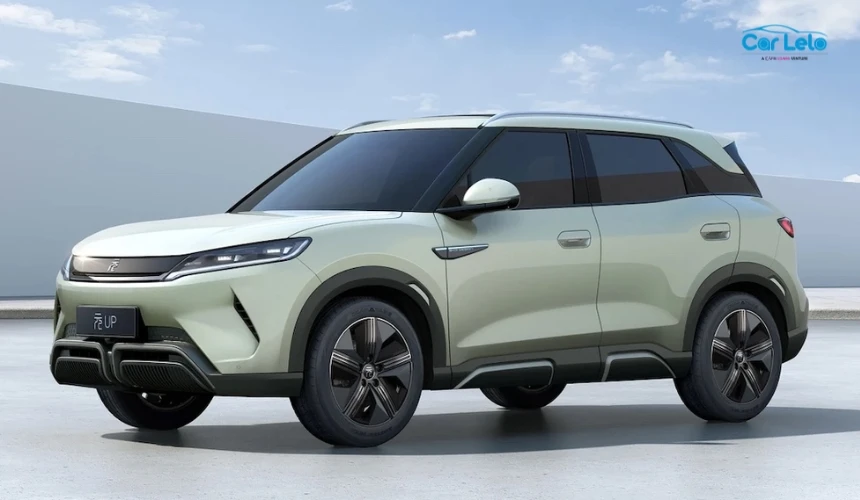
The BYD Atto 2 might also be among the upcoming 5-seater SUVs in 2025. This electric SUV will first be launched in the European market next month. Reports suggest that the Atto 2 could be offered in a single variant, equipped with a 42.4kWh battery pack and delivering a claimed range of 312km as per the European WLTP cycle. Dimensionally, the BYD Atto 2 measures 4,310 mm in length, 1,830 mm in width, and 1,675 mm in height. Compared to the BYD Atto 3 SUV, this electric model is shorter in length and lighter in weight. Inside, the Atto 2 will feature a 12.8-inch touchscreen infotainment system, an 8.8-inch digital instrument cluster, heated and powered adjustable front seats, a panoramic sunroof, leather upholstery, and many other premium features.
Also Read: Tata Cars Set to Impress at Bharat Mobility Global Expo 2025
About Author
Chhavi Kaushik is a seasoned content writer with over a decade of experience, beginning her career in 2010. Her fascination with automobiles led her to the industry in 2014. As a freelancer, She has contributed to some of the most reputed online automotive publications, consistently delivering fresh updates on the latest automotive events, product launches, car reviews, and critical industry insights.
Top Car Brands in India
Top Car Brands in India
Trending Car News in India
Trending Cars in India
Trusted Dealer
All Over India
Irresistible Offers
Stay Updated, Pay Less
Compare Cars
Choose the Right Car
Easy Finance
Multiple Finance Options

Monday - Saturday
10:00am - 6:30pm
+91 7947722777, +91 7479000444, +91 9311718549
contact@carlelo.com









